Event organizers face numerous challenges in today’s digital age, but few are as pressing as the need to combat ticket scalping through effective anti-scalping measures. Ticket scalping has evolved from street-corner sales to sophisticated online operations, creating significant problems for both event organizers and attendees. This comprehensive guide explores why anti-scalping strategies should be at the forefront of event management priorities and how these measures benefit the entire event ecosystem.
Understanding Ticket Scalping
Definition and Explanation of Ticket Scalping
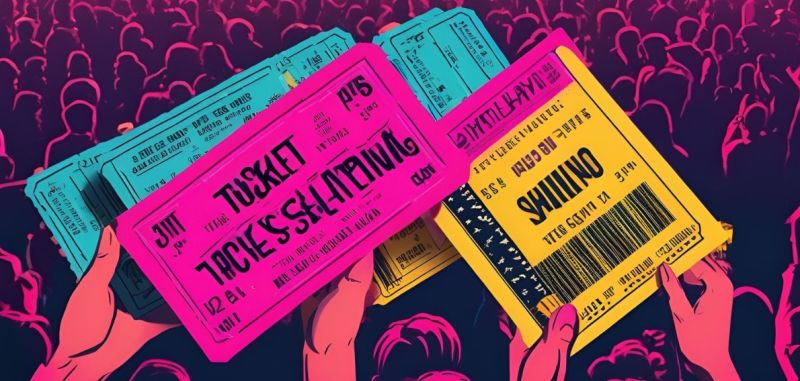
Ticket scalping is the practice of purchasing event tickets with the sole intention of reselling them at a higher price, often through unauthorized channels. This practice can lead to significantly inflated ticket prices, making it difficult for genuine fans to afford or even find tickets for their favorite events. Scalping can be carried out by individuals or organized groups, and it is frequently facilitated by the use of automated bots. These bots can purchase large quantities of tickets within seconds of their release, creating an artificial scarcity that drives up prices and reduces availability for genuine fans. The result is a frustrating and often costly experience for those who simply want to enjoy an event.
Warning Signs of a Scam and the Importance of Verification
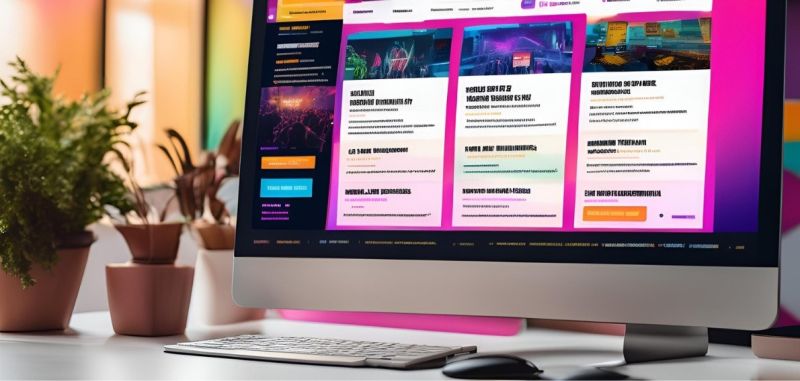
When purchasing event tickets, it is crucial to be vigilant and aware of potential scams. Common warning signs include prices that seem too good to be true, sellers who push for a quick sale, a lack of specific details about the event or seating, and websites that lack adequate security measures. To avoid falling victim to ticket scalping scams, it is essential to verify the authenticity of the tickets and the reputation of the seller. This can be done by checking online reviews, seeking confirmation of ticket validity from event organizers, and ensuring that the resale platform has robust buyer protection policies in place. By taking these steps, you can protect yourself from fraudulent transactions and ensure that your ticket purchases are legitimate.
Famous Examples of Ticket Scalping and Its Consequences

There have been several high-profile cases of ticket scalping in recent years, underscoring the widespread nature of the problem. For instance, tickets for major events like the Super Bowl, the Olympics, and concerts by globally renowned artists such as Taylor Swift and Beyoncé have been prime targets for scalpers. These examples highlight the significant impact that ticket scalping can have on both event organizers and fans. Scalping leads to inflated prices, reduced ticket availability, and a negative experience for those who are unable to secure tickets through legitimate channels. The consequences are far-reaching, affecting the overall enjoyment and accessibility of major events.
Understanding Fair Ticket Pricing: The Foundation of Successful Event Ticketing
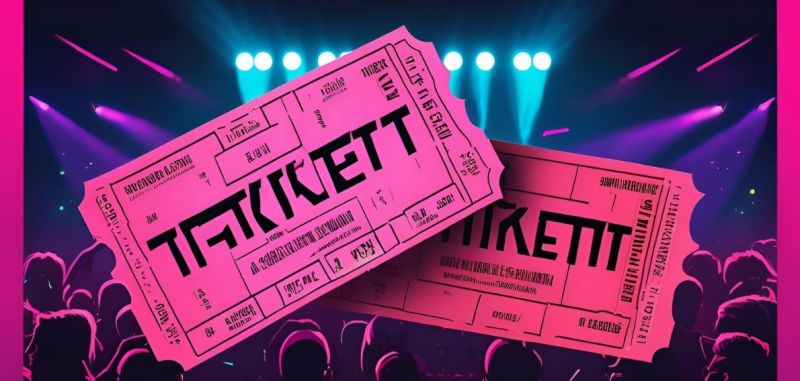
The cornerstone of any successful event lies in ensuring fair access to tickets for genuine fans. Modern scalpers have transformed what was once a manual process into a highly automated operation, utilizing sophisticated bot networks that can purchase hundreds or even thousands of tickets within seconds of release. This systematic abuse of ticketing systems has created a crisis in the entertainment and events industry, with devastating effects on fan access.
Ensuring fair ticket pricing is also crucial in protecting fans’ access to concerts and events.
Research indicates that for high-demand events, up to 40% of tickets may be purchased by scalpers within the first hour of sales. This creates an artificial scarcity that prevents genuine fans from accessing tickets through legitimate channels. The impact is particularly severe for:
- Major concert tours and music festivals
- Championship sporting events
- Broadway shows and theatrical performances
- Limited-run special events and conventions
Event organizers who prioritize fair access through anti-scalping measures often see higher customer satisfaction rates and stronger long-term brand loyalty. By implementing sophisticated queue systems, verified fan programs, and dynamic pricing strategies, organizers can significantly reduce scalper interference and ensure more equitable ticket distribution.
The Impact of Ticket Scalping on the Ticket Purchasing Process
How Ticket Scalping Affects Ticket Availability and Pricing

Ticket scalping can severely disrupt the ticket purchasing process, affecting both ticket availability and pricing. When scalpers use automated bots to purchase large quantities of tickets, it creates an artificial scarcity that leaves genuine fans struggling to find tickets. This not only results in a negative experience for those who are unable to secure tickets but also leads to a significant loss of revenue for event organizers. Furthermore, the resale of these tickets at inflated prices creates an unfair ticket pricing environment, making it difficult for fans to purchase tickets at face value. The use of automated bots exacerbates this issue, as they can complete bulk purchases within seconds, leaving little to no opportunity for genuine fans to buy tickets through legitimate means. This manipulation of the ticket market undermines the integrity of the ticket purchasing process and highlights the urgent need for effective anti-scalping measures.
The Economic Impact of Price Gouging in the Secondary Market

Price gouging through ticket scalping represents more than just an inconvenience—it’s a significant economic burden on consumers and the entertainment industry as a whole. When scalpers artificially inflate ticket prices, they create a secondary market that can see prices soar to 5-10 times the original ticket value, sometimes even higher for extremely popular events.
Preventing ticket scalping is essential to avoid the economic burden caused by inflated ticket prices.
This price manipulation has several negative consequences:
Financial Barriers for Core Audiences
Many loyal fans, particularly younger audiences and those from lower-income backgrounds, find themselves priced out of events they would traditionally attend. Scalpers often exploit the act of purchasing tickets in bulk, making it difficult for genuine fans to afford them. This demographic shift can fundamentally alter the character and atmosphere of events, potentially damaging the long-term viability of entertainment properties.
Revenue Loss for Event Stakeholders
While scalpers profit from inflated prices, none of this additional revenue benefits the event organizers, performers, or venues. This diverted revenue could otherwise be reinvested in improving event experiences, supporting artistic development, or maintaining venue facilities.
Market Distortion Effects
The presence of widespread scalping can distort regular market pricing mechanisms, making it difficult for event organizers to properly price tickets in the first place. This can lead to either underpricing (which scalpers exploit) or overpricing (which can result in unsold inventory).
Brand Protection and Reputation Management in the Digital Age
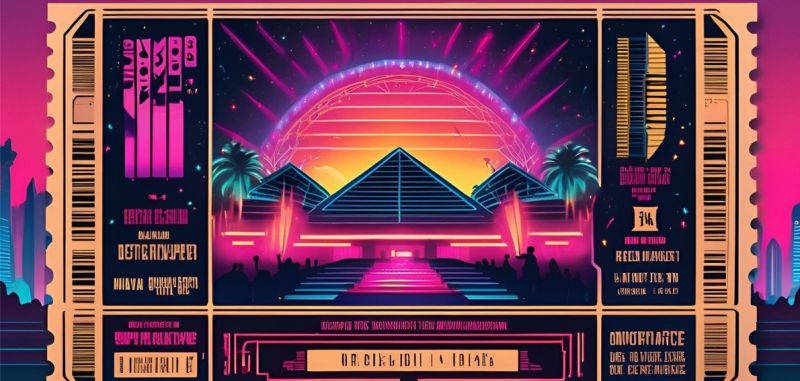
In today’s interconnected world, an event’s reputation can be made or broken by its ticketing practices. Social media amplifies customer dissatisfaction, and negative experiences with scalped tickets can quickly become viral stories that damage brand reputation. The use of scalping bots can severely damage an event’s reputation by making it difficult for genuine fans to purchase tickets. Event organizers must consider reputation management as a crucial aspect of their anti-scalping strategy.
Building Trust Through Transparent Practices
Organizations that implement and clearly communicate their anti-scalping measures often see improved customer trust and brand loyalty. This includes:
- Regular updates about anti-scalping initiatives
- Clear communication about ticket purchase limits
- Transparent pricing structures
- Educational content about avoiding scalped tickets
Clear communication about the ticket purchase process helps attendees navigate potential risks effectively.
Long-term Brand Value Protection
Consistent anti-scalping efforts help protect and enhance brand value by:
- Maintaining pricing integrity
- Ensuring positive customer experiences
- Building community trust
- Demonstrating corporate responsibility
Maintaining fairness in ticket sales is crucial for protecting long-term brand value.
Creating Optimal Event Experiences Through Attendance Management

The quality of an event experience is directly tied to having engaged, enthusiastic attendees in the audience. The presence of ticket scalping bots can disrupt the event experience by limiting ticket availability for genuine fans. When tickets end up in the hands of genuine fans rather than scalper-controlled inventory, it creates a more authentic and enjoyable atmosphere for everyone involved.
Enhanced Audience Engagement
Genuine fans typically:
- Arrive earlier to events
- Participate more actively
- Generate more positive social media content
- Are more likely to purchase merchandise
- Return for future events
Community Building Benefits
Events with strong anti-scalping measures often develop more robust fan communities, leading to:
- Increased word-of-mouth marketing
- Stronger social media presence
- More effective pre- and post-event engagement
- Higher lifetime customer value
Legal Compliance and Ethical Considerations in Modern Ticketing

The legal landscape surrounding ticket scalping continues to evolve, with many jurisdictions implementing stricter regulations on secondary market sales. Event organizers must stay informed about and compliant with these changing requirements while maintaining ethical business practices.
Regulatory Compliance
Key legal considerations include:
- State and local anti-scalping laws
- Consumer protection regulations
- Digital commerce requirements
- Privacy and data protection standards
Ethical Business Practices
Implementing strong anti-scalping measures demonstrates commitment to:
- Fair market practices
- Consumer protection
- Industry sustainability
- Social responsibility
Technological Solutions for Modern Ticket Scalping Efforts
As scalping techniques become more sophisticated, so too must the technologies used to combat them. Modern anti-scalping solutions incorporate multiple layers of protection and verification to ensure ticket security and fair distribution.
Advanced Security Measures
Current technology solutions include:
- AI-powered bot detection systems
- Blockchain-based ticket verification
- Digital identity verification
- Dynamic QR code technology
- Real-time monitoring and analytics
Implementation Strategies
Successful technological implementation requires:
- Regular system updates and maintenance
- Staff training and development
- Customer education initiatives
- Continuous monitoring and adjustment
The Future of Secure Ticket Resale Platforms

Rather than attempting to eliminate the secondary market entirely, many event organizers are now focusing on creating secure, controlled resale environments. These platforms provide a win-win solution for both organizers and customers who need legitimate ways to resell tickets they can’t use. Ticket Fairy is one such platform that offers an inbuilt secure resale system.
Also Read: Ticket Fairy: An Event Promoter’s Platform
Benefits of Authorized Resale Platforms
- Guaranteed ticket authenticity
- Price caps to prevent gouging
- Transparent transaction processes
- Direct customer support
- Secure payment processing
Platform Features and Implementation
Successful resale platforms typically include:
- Identity verification systems
- Price control mechanisms
- Transfer tracking capabilities
- Integration with primary ticketing systems
- Mobile ticket delivery options
The Path Forward for Event Organizers
Anti-scalping measures represent more than just a ticketing strategy—they’re an essential component of modern event management. By prioritizing these efforts, event organizers can create fairer, more accessible events while building stronger relationships with their audience base.
Success in this area requires a comprehensive approach that combines technological solutions, clear policies, and strong customer communication. Organizations that make anti-scalping a priority often see improvements in:
- Customer satisfaction and loyalty
- Brand reputation and trust
- Operational efficiency
- Revenue protection
- Legal compliance
As the events industry continues to evolve, those who lead in implementing effective anti-scalping measures will be better positioned to create sustainable, successful events that serve their intended audiences while maintaining profitability and growth.
You May Also Like:
Music Event Technology Trends 2025: Innovations Shaping the Future of Live Music Experiences
Token Gated Events: NFTs And Being On The Cutting Edge Of Ticketing And Branding
Boost Event Sales: Master Pixel Tracking for Ticket Conversions


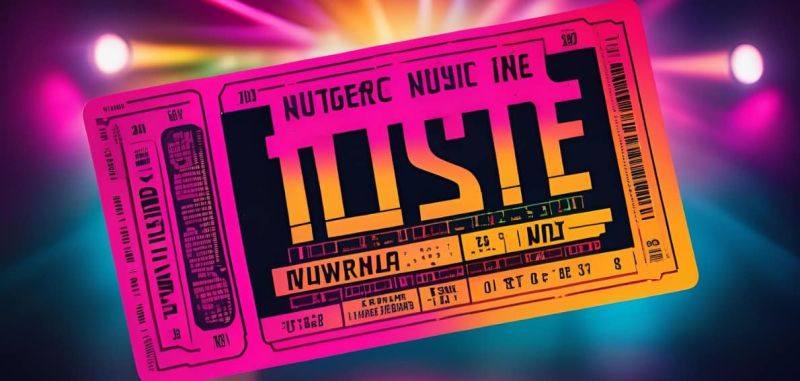
 19th May 2025
19th May 2025